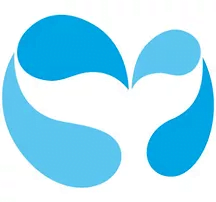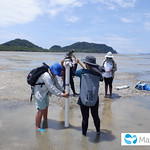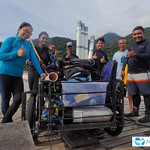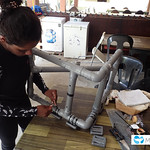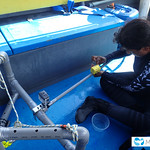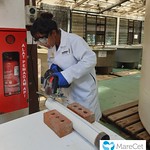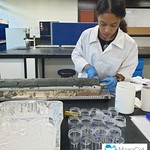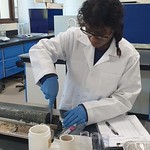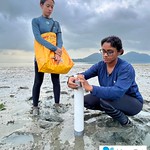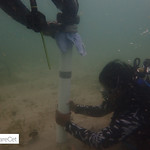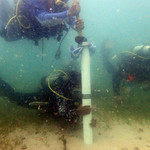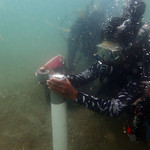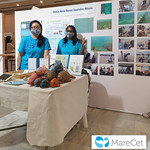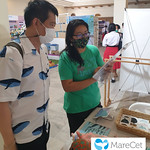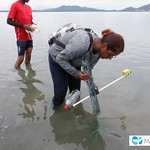MareCet is the first and only non-profit NGO in Malaysia dedicated to research, education and conservation of marine mammals, a field very much in its infancy in the country. Established in 2012 by a small, passionate team of conservationists, MareCet aims to protect marine mammals and their fragile habitats, build local conservation leadership, work with stakeholders to optimize conservation and promote ocean stewardship throughout Malaysia. They achieve this by improving scientific knowledge through research, outreach and education, strengthening policies and developing capacity. The name MareCet (pronounced ma-rei-set) represents the two core aspects of the organization: (1) the ocean, in general and (2) cetaceans and other marine mammals, in particular.
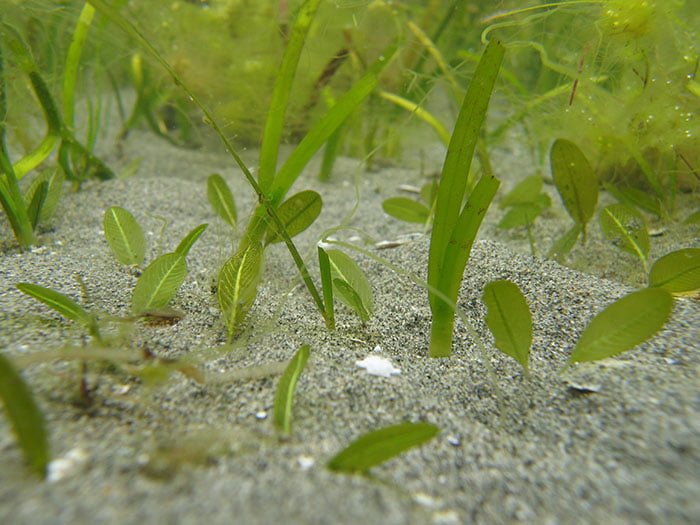
MareCet’s involvement in dugong and seagrass conservation began in 2014 with the GEF Dugong Conservation Project, which aimed to investigate the biological, ecological and conservation needs of the dugong population around Sibu-Tinggi Archipelago – a set of islands off the east coast of Johor at the southern end of Peninsular Malaysia. Following this project, MareCet has continued to work closely with local authorities towards establishing the Johor Dugong Sanctuary, a protected area for the Sibu-Tinggi dugong population and their associated seagrass habitat.
MareCet continues to work with local authorities to establish a protected area for the Sibu-Tinggi dugong population.
The Seagrass Ecosystem Services Project in Malaysia will focus on protecting the same dugong population and seagrass habitat in the Sibu-Tinggi Archipelago, whilst also empowering the local community to manage the area and engage in the establishment of the Johor Dugong Sanctuary.
The communities in this area are relatively small and depend largely on their immediate surroundings for their livelihood. The Seagrass Ecosystem Services Project will develop viable alternative business models in these locations, all owned and managed by local community members. The ultimate aim is to offer local communities alternative income opportunities, allowing for direct, consistent and meaningful participation in seagrass and dugong conservation.
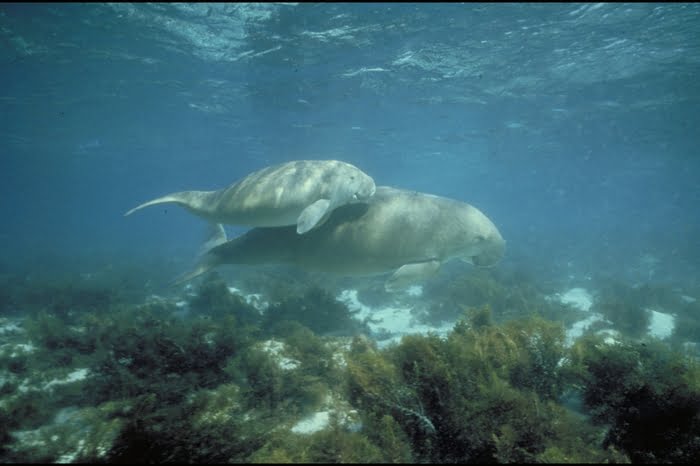
SES Project Locations
